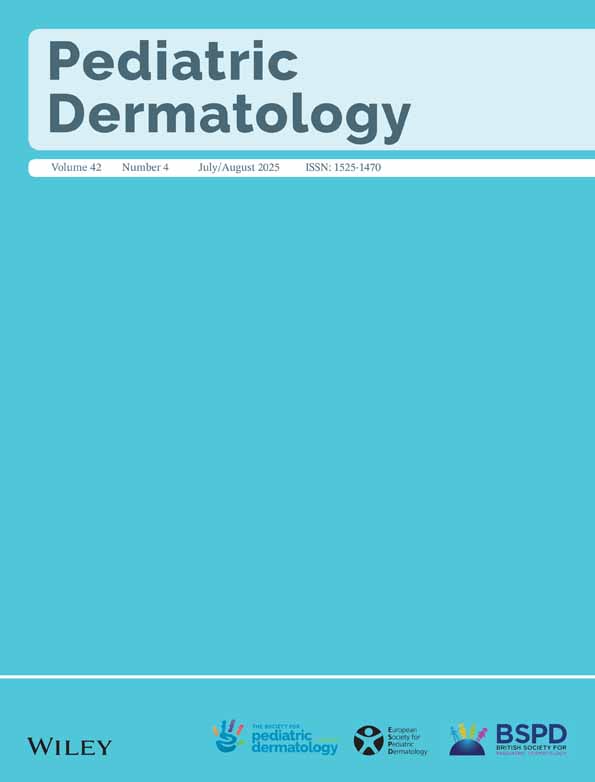Atopic Dermatitis: Recent Therapeutic Advances
Abstract
Abstract: New treatments were recently proposed for the management of severe atopic dermatitis (AD). They all act on some component of the Immune reaction. Oral cyclosporine reduces the number of CD4+ cells, the secretion of interleukins, and the function of Langerhans cells. Although the action of oral cyclosporine at moderately high dosages is regular and rapid, the risk of serious side effects and the reappearance of progressive disease after stopping treatment limits the use of this drug in AD. Thymic hormone extracts in patients with severe AD aflect the deficit of cellular Immunity. Y-interferon Inhibits IgE synthesis induced by interleuldin-4, increases expression of Fc y receptors, and increases superoxide production by circulating monocytes. More recently, two other treatments were published: complexes of allergen and specific antibodies to Dermatophagoldes pteronynyssinus, and interleukln-2. All of these modalities have only a transitory effect, but they can help to modify a flare of severe AD.




